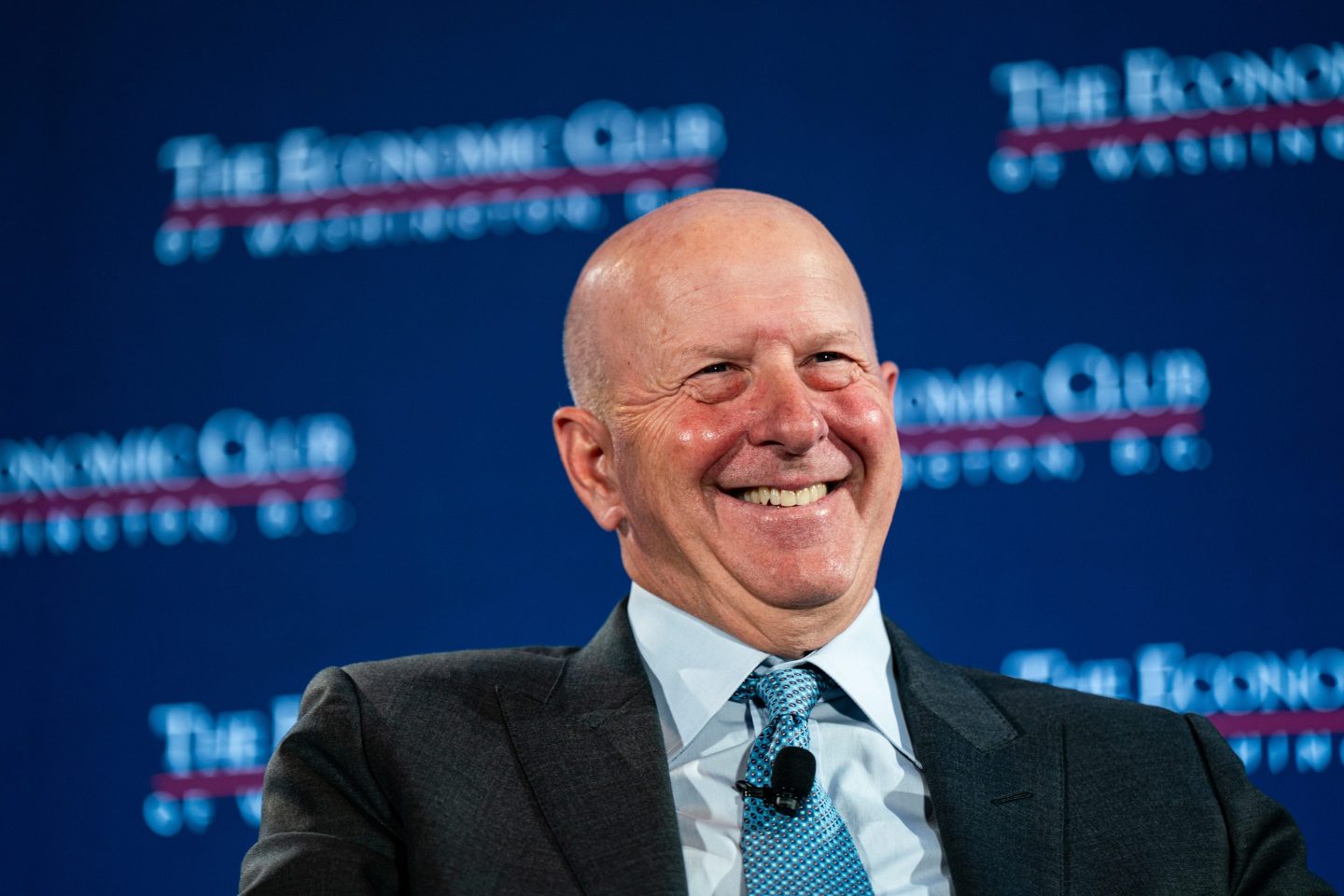Feeling comfortable, safe, and supported in the workplace has long been heralded as a nonnegotiable, especially among younger workers. It’s a concept known as “psychological safety,” which is simply about avoiding interpersonal harm at work—like feeling confident taking risks or admitting when you don’t know the answer—without worrying you’ll be judged or disparaged.
“It doesn’t mean there aren’t consequences, it just means you won’t be made fun of, teased, or made to feel bad personally,” Peter Cappelli, a management professor at the Wharton School at the University of Pennsylvania, tells Fortune. “It’s hard to make an argument that that’s ever a good thing.”
But, it turns out, being too soft might actually be a bad thing.
The case for psychological safety, Cappelli has found, is “a lot narrower” than most would expect, especially given the recent emphasis on belonging and comfort at work. But work is, ultimately, a business, and the psychological safety of a “no bad ideas” culture might confuse people into thinking poor performance carries no consequences, he says.
Over the summer, he published research on the topic with Tel Aviv University management professors Liat Eldor and Michal Hodor. The three drew on cognitive psychology data and found that employees’ feelings of comfort and safety in creative jobs can lead to dampened performance in routine tasks.
In the published paper, he defined these feelings of “psychological safety” as the “shared belief that one is free to take interpersonal risks on a team—such as asking for help or revealing mistakes—without any resulting negative consequences.” But companies tend to take it too far when they leave employees without any feeling of responsibility for poor work.
While “moderately” psychologically safe workplaces are linked to better routine task performance, the study authors note, “highly” psychologically safe workplaces are linked to decreased performance. In one analysis of 474 knowledge workers, they found that high levels of psychological safety were correlated with better performance—only up to a point, the 80th percentile. Beyond that, employee performance falters.
With routine tasks, a highly psychologically safe culture can harm in-role performance because “it distracts employees from their core tasks first by focusing their attention on more novel tasks, and second by encouraging them to push boundaries in routine tasks where doing so is counterproductive,” the researchers wrote.
What’s the solution? Collective accountability—when everyone is held accountable for each decision or action, good or bad, performance picks back up.
Hurt feelings are the cost of doing business
Despite the shock value, the claim, Cappelli says, is pretty modest. “Jobs that require you to take risks—which is where creativity comes from—can stifle people if they feel you’ll make them feel bad for making mistakes, coming up with ideas that don’t work out, or that initially sound stupid.”
What people misunderstand is the idea that anything that would make someone feel bad is psychologically unsafe—which is completely unsustainable for any worker.
“Could you imagine a context where you give someone a bad performance appraisal and they don’t feel interpersonal harm?” he offers. “Or you say, ‘We have to fire you, I’m sorry, but don’t take it hard?’ Real consequences of particularly poor performance will inevitably create some sense of lack of psychological safety, which is why you can’t drive it to 100%. You need consequences with real teeth.”
But there are dangers of going too far on either end. “The idea of making people feel interpersonally bad as a strategy is a bad idea,” he says. “But the idea that there could be no bad feelings at all is a fool’s errand.”
That means the key is not to hand-wring over the details so much as strike a good balance: Don’t coddle workers, but don’t disparage their efforts, either. And managers—who have enough to deal with—need not get bogged down with anxiety about toeing the line between safe and unsafe, Cappelli says.
“With most jobs, it’s probably not that big a deal, unless you’re constantly making people feel that they’ll be mocked or made fun of or interpersonally harmed,” he says. “That’s just not the way you should ever manage.”












